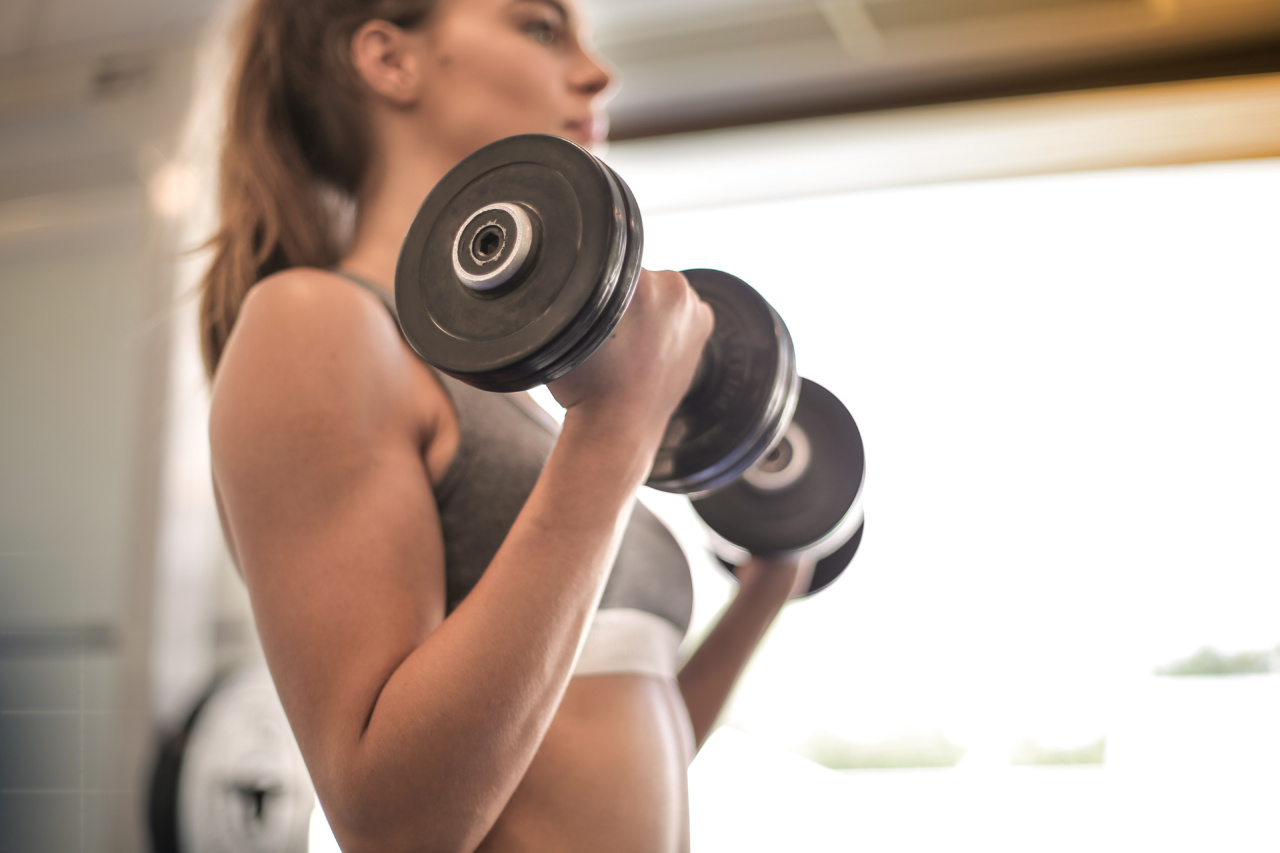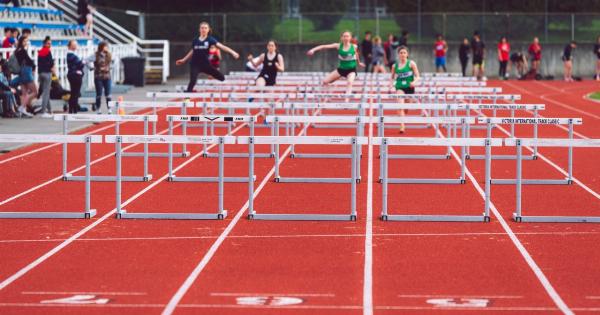Female athletes face numerous challenges in their sporting careers, from physical injuries to mental pressures. However, there is one silent issue that often goes unnoticed and unaddressed – vaginal muscle spasms.
These involuntary contractions of the pelvic floor muscles can have a significant impact on a woman’s athletic performance and overall well-being. In this article, we will explore the causes, symptoms, and potential solutions for vaginal muscle spasms in female sports.
Understanding vaginal muscle spasms
Vaginal muscle spasms, also known as vaginismus, refer to involuntary contractions of the pelvic floor muscles surrounding the vagina.
These spasms can occur during or before sexual intercourse, but they can also affect women during physical activities, including sports. While not commonly discussed or researched, vaginal muscle spasms can significantly impact a woman’s quality of life, hinder her athletic performance, and even lead to mental health concerns.
Causes of vaginal muscle spasms in female athletes
Several factors can contribute to the development of vaginal muscle spasms in female athletes:.
- Psychological factors: High stress levels, performance anxiety, past sexual trauma, or negative emotions towards one’s body can trigger muscle tension and spasms in the pelvic area.
- Physical factors: Overtraining, inadequate warm-up or cool-down routines, repetitive impact movements, and poor posture can strain the pelvic floor muscles and contribute to spasms.
- Hormonal changes: Fluctuations in hormone levels during the menstrual cycle can also affect muscle tension and increase the likelihood of experiencing vaginal muscle spasms.
Signs and symptoms of vaginal muscle spasms
Vaginal muscle spasms can manifest in various ways:.
- Pain or discomfort: Women may experience pain or discomfort during sexual intercourse, physical activities, or even while inserting a tampon.
- Tightness or inability to relax: The pelvic floor muscles may feel constantly tense, making it challenging to engage in activities that require relaxation of these muscles.
- Reduced flexibility and range of motion: Vaginal muscle spasms can limit a woman’s ability to perform certain movements, affecting her overall athletic performance.
- Emotional distress: Coping with vaginal muscle spasms can lead to feelings of frustration, embarrassment, and lowered self-esteem.
The impact of vaginal muscle spasms on female athletes
Vaginal muscle spasms can have both physical and psychological consequences for female athletes:.
- Reduced athletic performance: Tight pelvic floor muscles can negatively affect core stability, balance, and overall body control, compromising an athlete’s performance in various sports.
- Increased risk of injury: When the pelvic floor muscles are excessively tight or spasming, it can strain other muscles and joints, increasing the risk of musculoskeletal injuries.
- Psychological distress: Dealing with the physical limitations and emotional burden of vaginal muscle spasms can lead to anxiety, depression, and decreased self-confidence, affecting an athlete’s mental well-being and overall enjoyment of sports.
Treatments and management strategies
Addressing vaginal muscle spasms in female athletes requires a multidimensional approach that targets physical and psychological aspects:.
- Physical therapy: Pelvic floor physical therapy, including exercises to relax and strengthen the pelvic floor muscles, can significantly help alleviate vaginal muscle spasms.
- Stress management techniques: Learning stress-reduction techniques such as deep breathing exercises, mindfulness, and meditation can help reduce muscle tension and promote relaxation.
- Communication and counseling: Openly discussing the issue with healthcare professionals, coaches, and therapists can provide valuable support and guidance for athletes struggling with vaginal muscle spasms.
- Gradual exposure therapy: Gradually exposing oneself to activities that trigger muscle spasms, under the guidance of a healthcare professional, can help desensitize the body and reduce the fear associated with those movements.
- Education and awareness: Promoting education and awareness about vaginal muscle spasms in the sporting community can help reduce the stigma surrounding this issue and encourage early intervention.
Conclusion
Vaginal muscle spasms are an often overlooked issue in female sports that can significantly affect an athlete’s performance, physical health, and mental well-being.
Recognizing the signs and symptoms, understanding the causes, and implementing appropriate treatment and management strategies are crucial for supporting female athletes struggling with vaginal muscle spasms. By breaking the silence and addressing this issue head-on, we can create a more inclusive, supportive, and empowering sports environment for women.






























